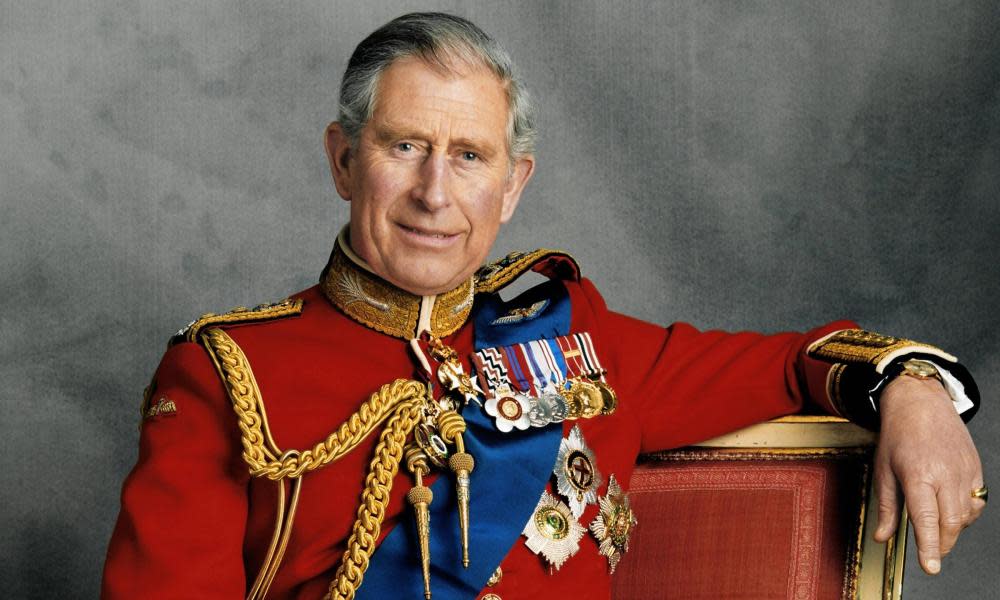Decorating drone pilots won’t reward bravery. Few medals do | Editorial

It seems obvious that members of the armed forces win their medals for facing danger bravely, but this belief would not long survive exposure to a photograph of Prince Charles in uniform. Four of his 11 medals were awarded for simply being alive while his mother was on the throne. There is a long military tradition of handing out decorations to people who have not fought at all.
In this light, the proposal by the Ministry of Defence to strike a medal for the campaign against Islamic State, which would be given to drone operators among other recipients, makes a kind of sense. But it is still morally disturbing. A similar proposal, in the US in 2013, was withdrawn after outrage from fighting soldiers. Their obvious objection is that a drone operator runs no personal risk at all. The same could be said of many specialists on whom a modern army depends, from technicians to staff officers, but most of them are at least in the theatre of war, even if behind the lines. That’s why they earn campaign medals even though medals for bravery are reserved for the fighting troops.
The drone pilots sit thousands of miles from the action, killing people with the press of a button. Rewarding them tends to reinforce the terrible delusion that modern war, as fought by our armed forces, is a hygienic business in which only consenting adults are killed. No drone pilot anywhere seems to have been punished for killing civilians; the British Ministry of Defence argues that none of our 4,000 strikes ever have. But then the only evidence for the effects of most strikes are gathered by the self-same drones.
This is part of the wider moral ambiguity that has always attended killing people from the air. The drone controller 2,000 miles from his victim is different in degree, but not in kind, from the jet pilot who fires a cruise missile from friendly airspace over the horizon at his target. Nor is danger a guarantee of moral purity. The allied airmen who carried out the bombing of German cities in the second world war were undoubtedly heroic. They faced very high odds of death over long tours of duty, but they often set out deliberately to kill as many civilians as possible. Perhaps we should admire more those who were less brave – and less lethal with it.

 Yahoo News
Yahoo News 
